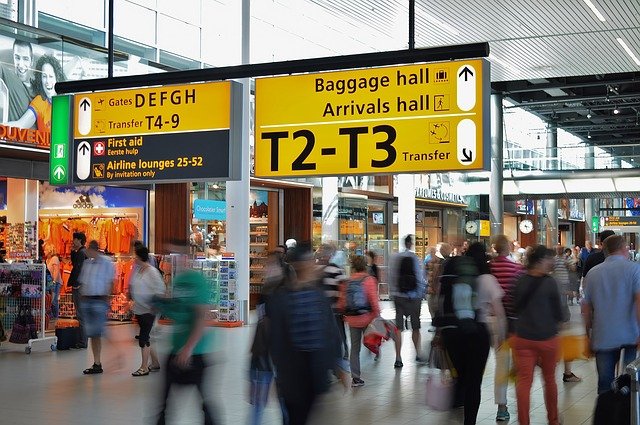Who can cross the Canada border? Can we go freely to the USA and Europe?
We are in the middle of summer, many of us have already been on vacation and many of us are still planning it. We would like to visit friends or relatives or spend a dream vacation in the United States or Europe. Our relatives and friends would like to visit us in Canada.
Do we know who, when and where will be able to travel? And do we know who and when will be able to visit us in Canada?
Travel from Canada to the United States.
On August 9, 2021, Canada’s border with the US will be opened. Fully vaccinated citizens or permanent residents will be allowed to cross the border in both directions without the need for a 14-day quarantine period.
Only Canadian citizens, permanent residents, and eligible foreigners after two weeks since the last dose of one of the four Health Canada-approved COVID-19 vaccines: Pfizer, Moderna, AstraZeneca, or Johnson & Johnson – will be exempt from quarantine.
In addition, travelers must use the ArriveCAN app or web portal to submit proof of vaccination as well as COVID-19 negative test results no more than three days prior to departure. Border officials will also want to see a paper or digital copy of the vaccination record and its certified translation, if the original is not in English or French.
On September 7, 2021, fully vaccinated travelers from other parts of the world will enjoy the same quarantine exemptions. That is the time when our relatives and friends from outside of Canada will be able to start visiting us, as long as they are fully vaccinated and at least 14 days have passed since the last dose of the vaccine.
Children under the age of 12 accompanied by fully vaccinated adults may also enter Canada from the U.S. without quarantine on August 9 but will need to wear a mask in public places and avoid group gatherings such as school and summer camp.
Also on August 9, international flights – currently limited to Montreal, Toronto, Calgary and Vancouver only – will be allowed to land at five additional Canadian airports: Halifax, Quebec City, Ottawa, Winnipeg and Edmonton.
The three-day mandatory hotel stay for all travelers arriving in Canada by plane will also be abolished.
However, unvaccinated people arriving in Canada will have to undergo a 14-day quarantine in a place they have arranged for this purpose, such as at home.
In addition, the Canada Border Services Agency will no longer require any arriving fully vaccinated person to undergo a COVID-19 test on their first day in Canada but will maintain surveillance measures and randomly select travelers for such tests.
When traveling from Canada to Europe, the situation varies depending on the country you are traveling to.
The general rule inside Schengen countries is that people who are fully vaccinated against Covid-19 will not be quarantined after a period of at least 14 days since the last dose of the vaccine was taken. Digital and paper documents confirming this fact are respected.
In practice, the situation may differ depending on which country we arrive to.
Countries in the European Union can suddenly change the existing regulations overnight.
When we come from Canada to Poland or Germany, we will be released from quarantine if we provide proof that we are fully vaccinated.
Unvaccinated people will have to undergo quarantine.
Traveling by car within the European Union between countries generally takes place without border controls. However, states can and do set-up mobile random checkpoints requesting full vaccination documents.
Traveling by plane is possible after presenting a full vaccination proof, such as EU Covid-19 Digital Cert, before departure and additionally it is required to show it upon arrival at the destination.
All current travel information and requirements depending on the country within the European Union can be checked on the official website: https://reopen.europa.eu/en.
Photo credit: Pixabay.com




